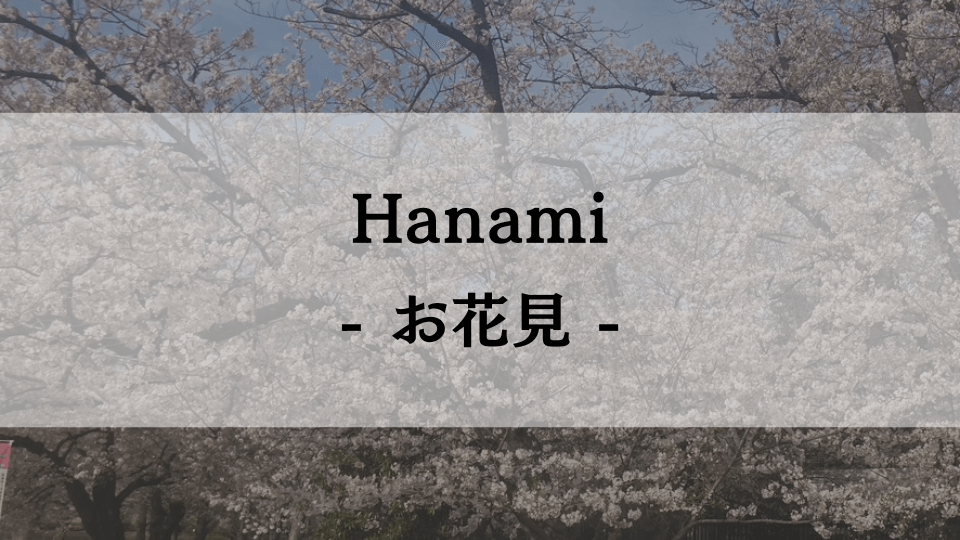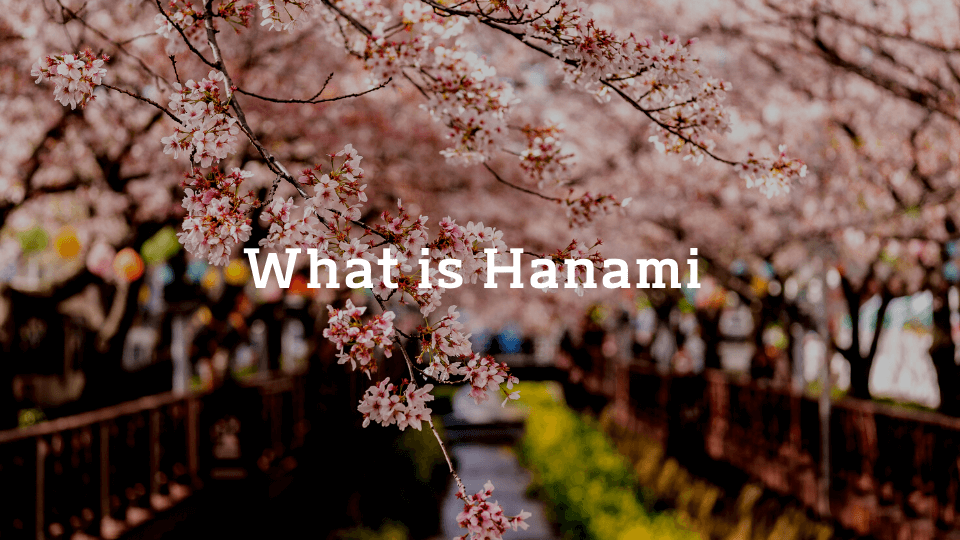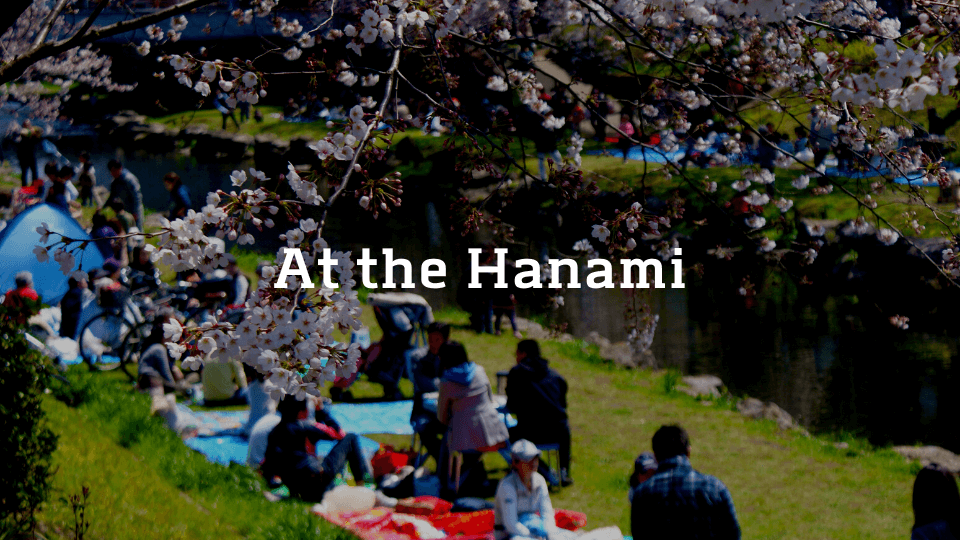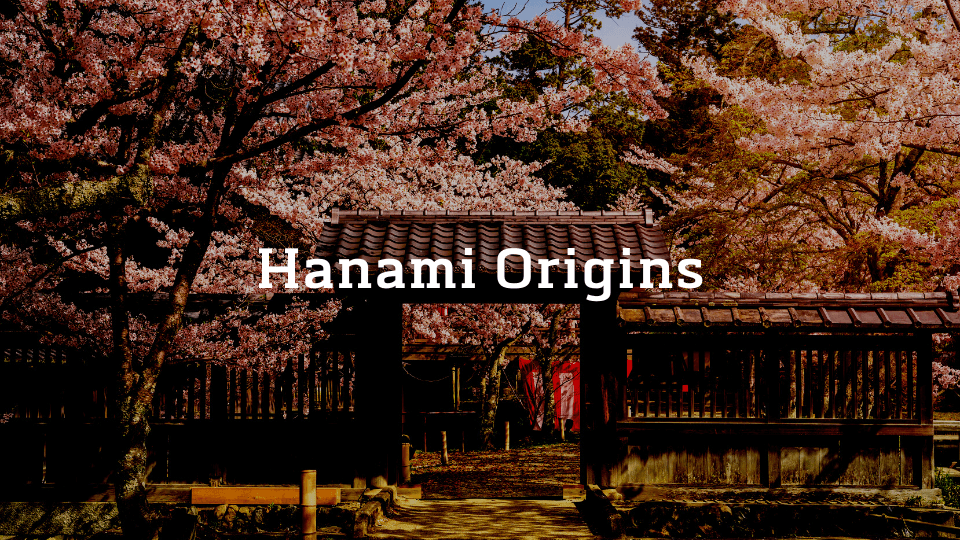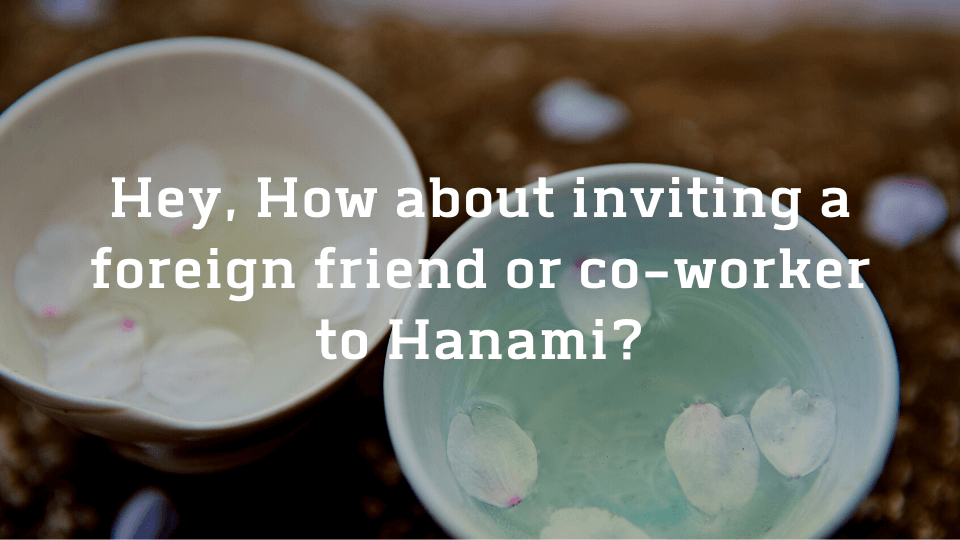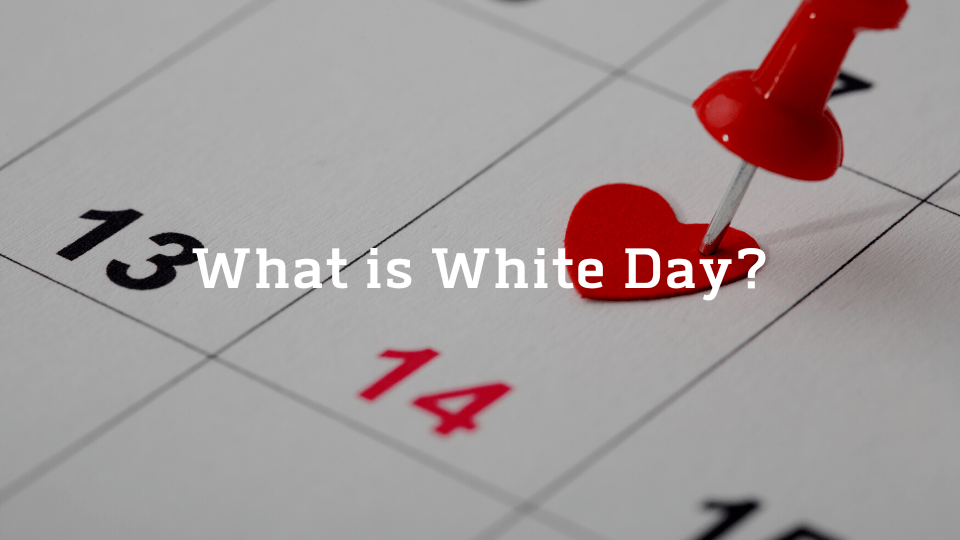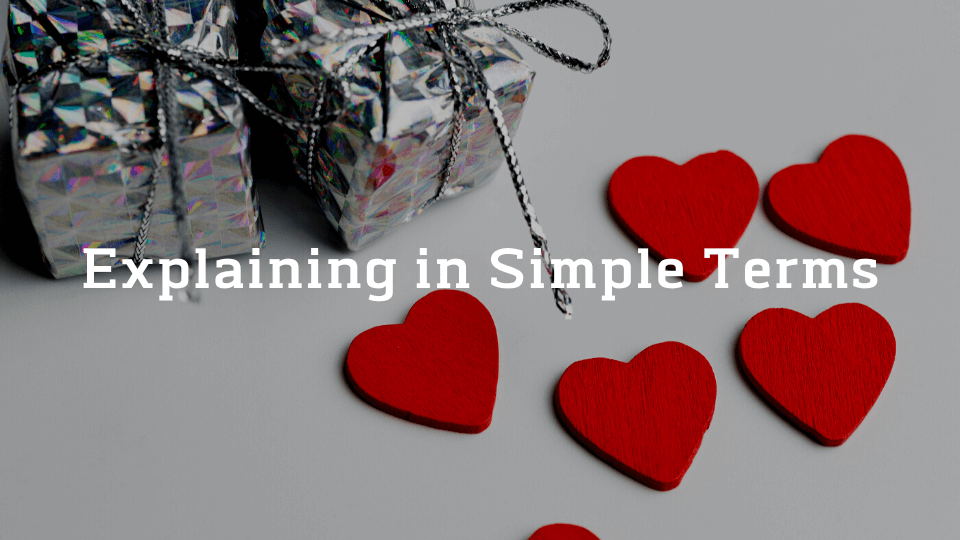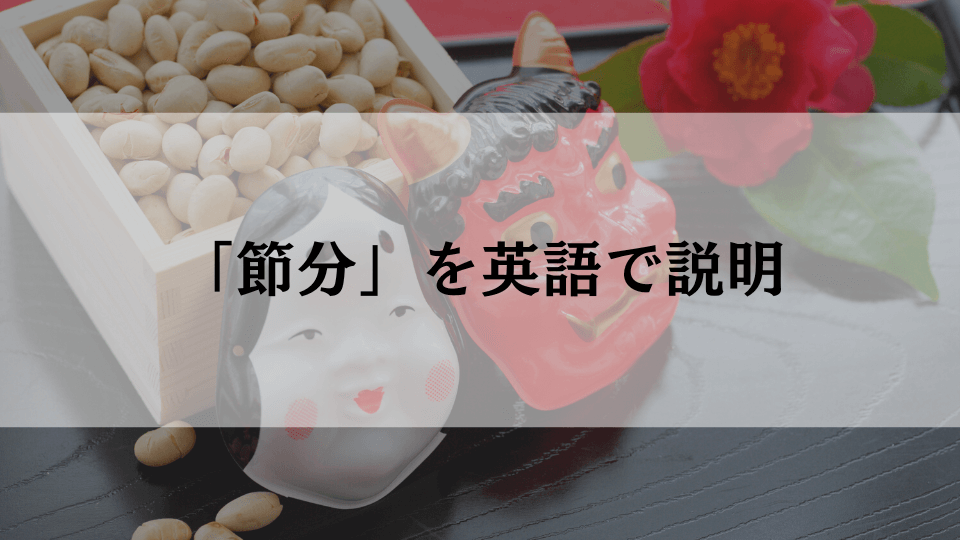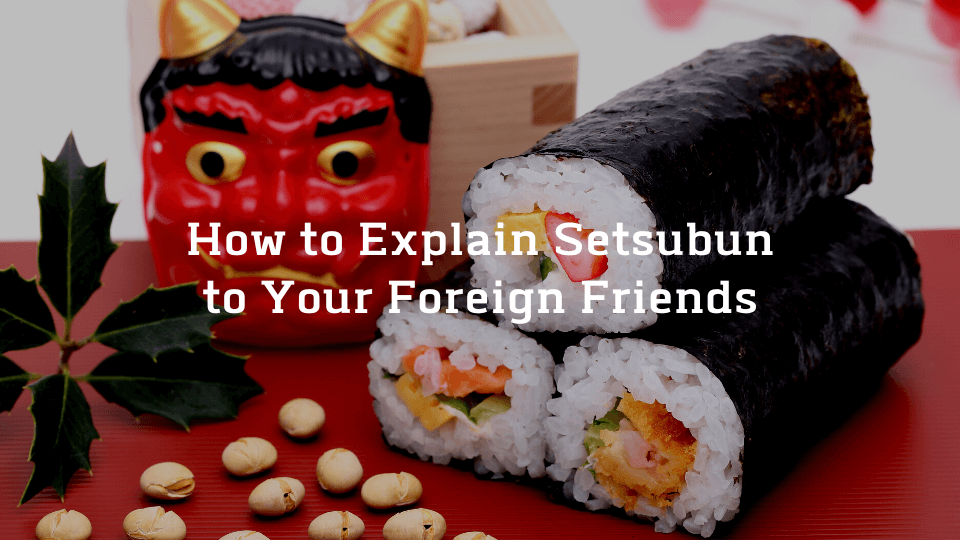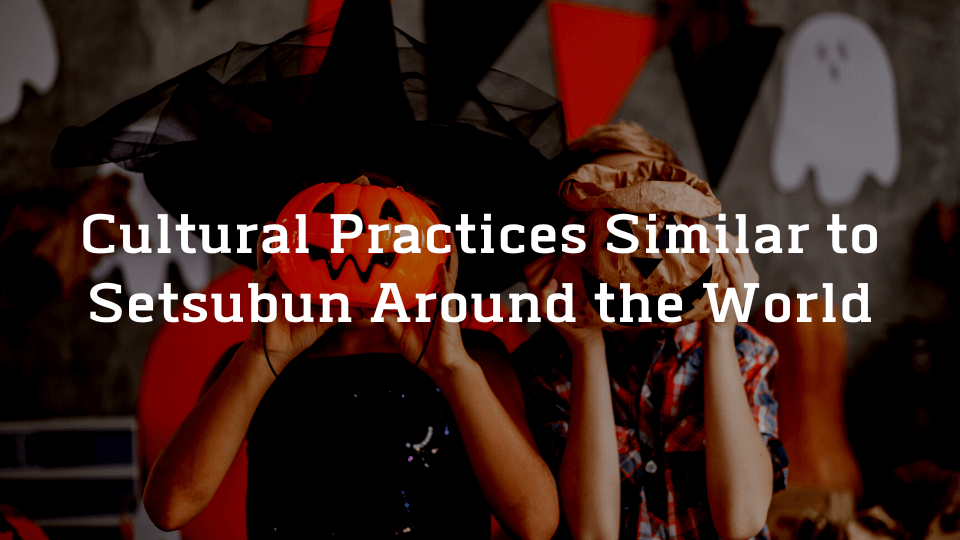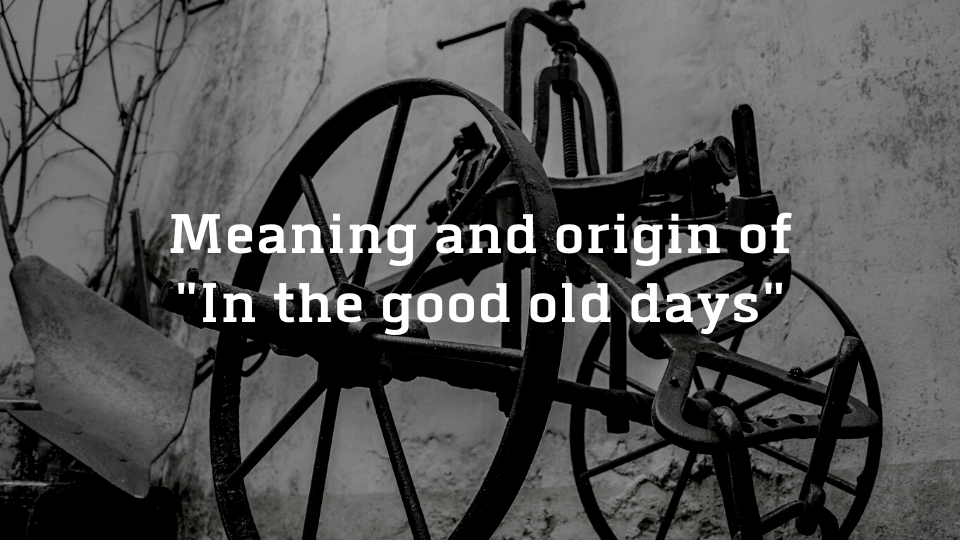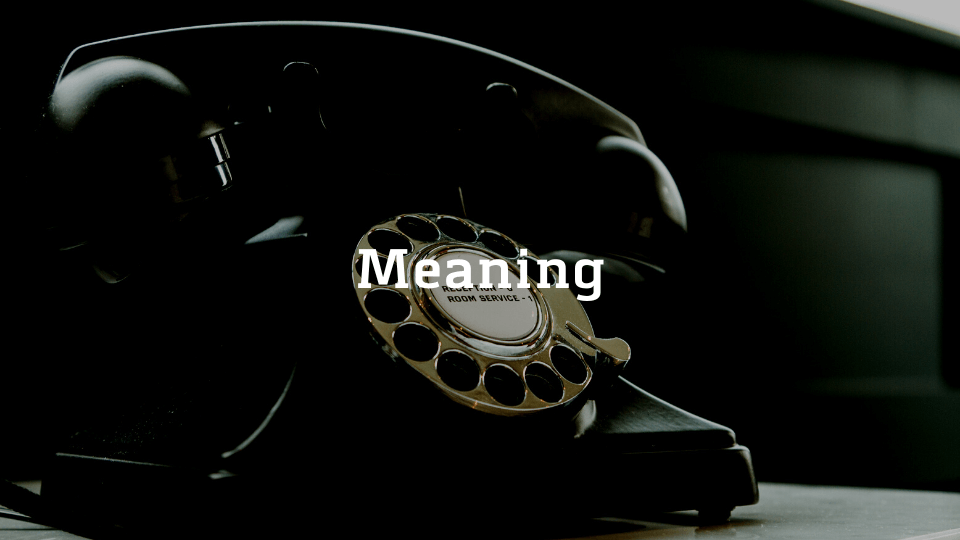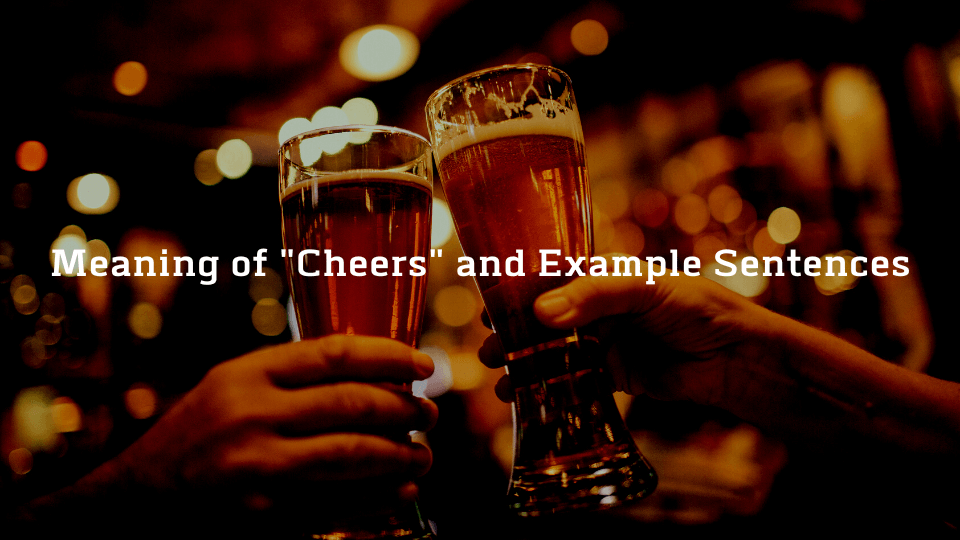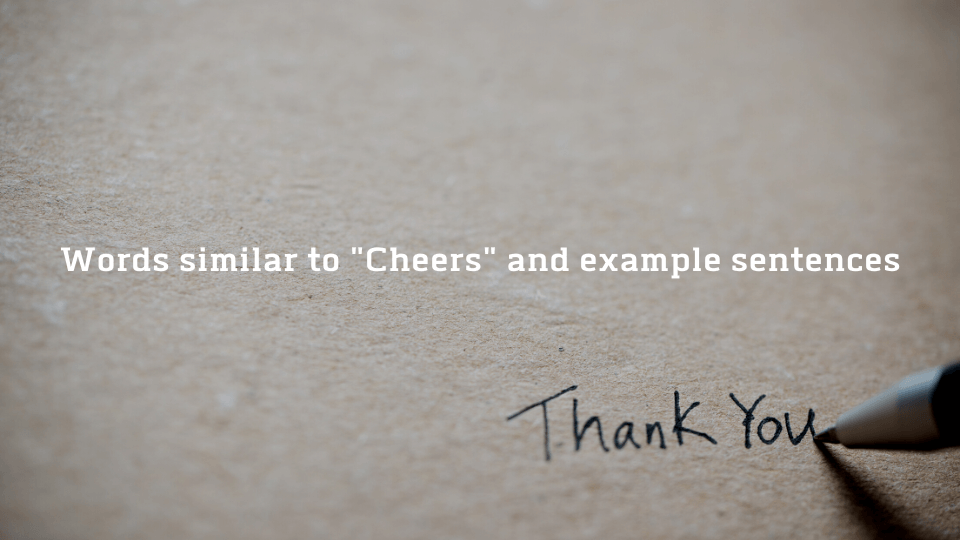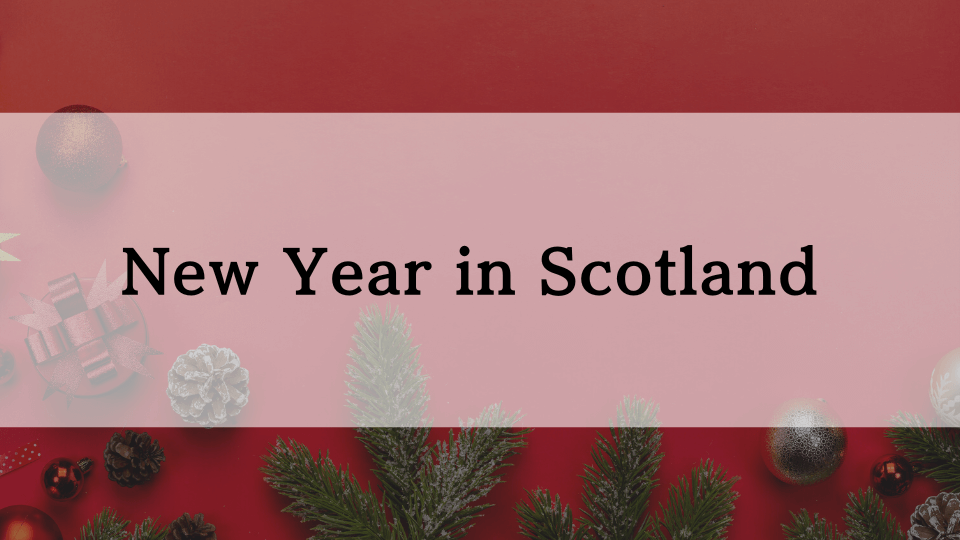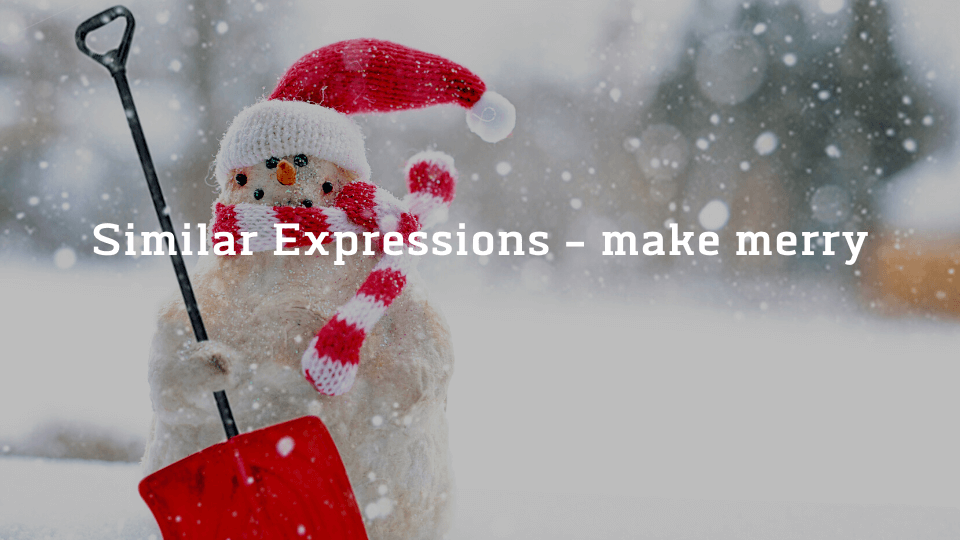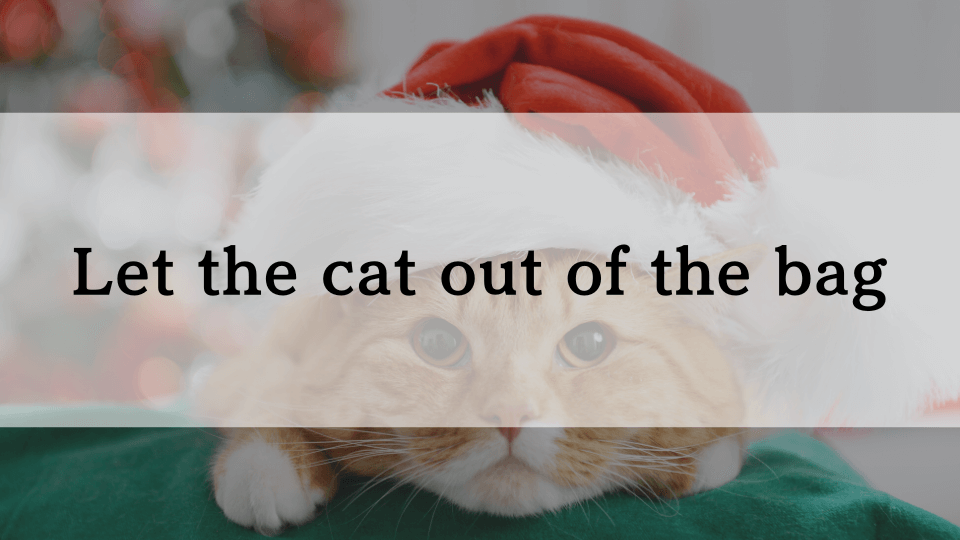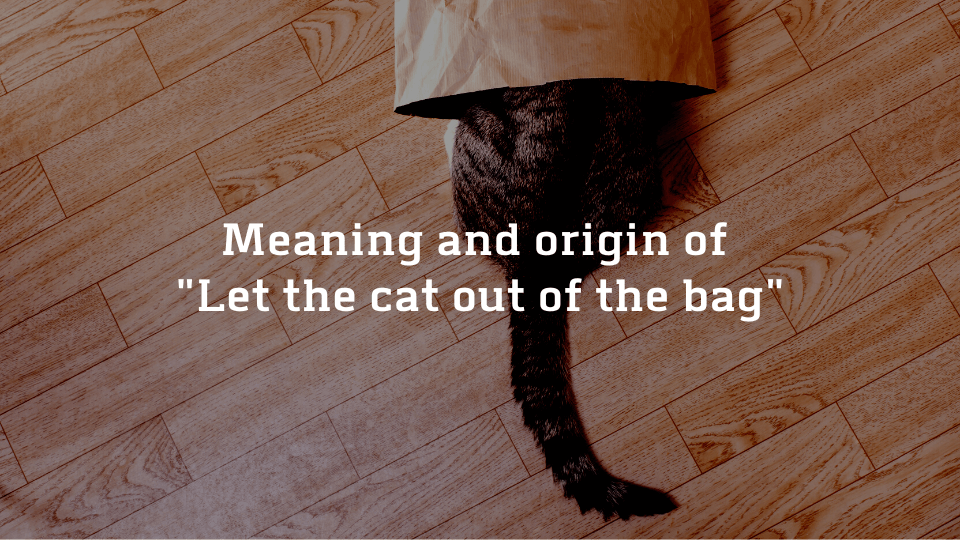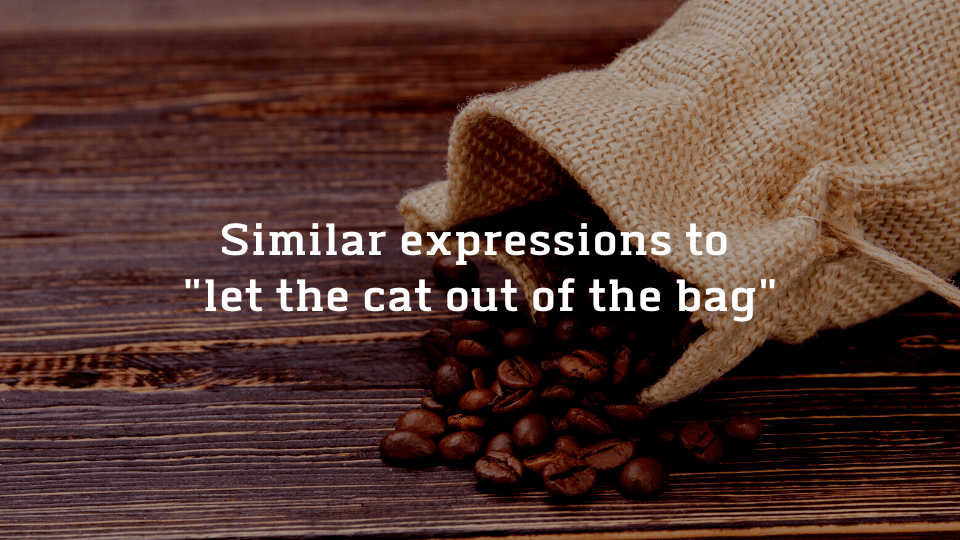【講師ヘンリー】
過去20年間ほどで、海外の人たちは日本の重要な春の伝統であるお花見(Hanami)に非常に興味を持ち始めました。
このブログでは、私は日本人ではありませんが、私たちの生徒さんやこのブログの読者に、世界中の外国の友人、同僚などにお花見について簡単に説明するお手伝いをしたいと思います。
お花見を英語で説明
お花見は、春の桜の美しさを楽しむ日本の伝統で、桜の木の下でピクニックをしたり、一緒に過ごしたりします。
自然を鑑賞し、友人や家族と時間を過ごすための時間です。
私のような外国から来た人にとって、お花見は単に桜を見るパーティーかもしれませんが、日本の文化では、人々が集まって一緒に桜の美しさを楽しむピクニックのようなものです。
なので英語ではこのように表現すると良いと思います。
Hanami is like a picnic to enjoy cherry blossoms.
(お花見は桜を楽しむピクニックのようなものです。)
お花見で行うことを英語で説明
お花見で実際に行うことを英語で説明するには下記のように言うことができます。
During Hanami, people gather under cherry blossom trees to appreciate their beauty.
(お花見の時、人々は桜の木の下に集まってその美しさを鑑賞します。)
They often have picnics, enjoy food and drinks, socialize with friends and family, and sometimes participate in traditional activities like singing, dancing, or playing games.
(ピクニックをしたり、食事や飲み物を楽しんだり、友人や家族と交流したり、時には歌を歌ったり、踊ったり、ゲームをしたりする伝統的な娯楽を楽しみます。)
It’s a time for relaxation, enjoyment of nature, and celebrating the arrival of spring.
(お花見はリラクゼーションの時間であり、自然を楽しみ、春の到来を祝う時です。)
お花見の起源を英語で説明
お花見の起源を英語で説明するには下記のように言うことができます。
Cherry blossom viewing is said to have started during the Heian period (794 -1185) when aristocrats started appreciating cherry blossoms instead of plum blossoms.
(桜の観賞は、貴族が梅の花ではなく桜の花を鑑賞し始めた平安時代(794年-1185年)に始まったと言われています。)
In the Edo period (1603-1868), ordinary Japanese also began to enjoy cherry blossom viewing and many cherry trees were planted around the Japanese archipelago.
(江戸時代(1603年-1868年)には、一般の日本人も桜の観賞を楽しむようになり、日本列島の各地に多くの桜の木が植えられました。)
お花見に招待する時に使える英語フレーズ
外国人の同僚や友人にお花見が何であるかを説明したら、私たちの英語レッスンで学んだ招待のフレーズを使って、お花見に招待してみませんか?
Would you like to join us at a cherry blossom viewing picnic this ….?
(この⚪︎⚪︎に [例:週末に] 桜の花を見るピクニックに一緒に行きませんか?)
We’re having a company Hanami this Saturday afternoon, can you come?
(今週の土曜日の午後に会社のお花見を開催しますが、来れますか?)
Kaho and I are planning a small Hanami, why don’t you join us if you have time this Sunday afternoon?
(カホと私は小さなお花見を計画しています。日曜日の午後に時間があれば、一緒にいかがですか?)
If you’re coming, please bring your favorite food, drinks, snacks, etc just like you would at a picnic.
(もし来るなら、ピクニックをする時のように、好きな食べ物や飲み物、おやつなどを持ってきてください。)
他国でのお花見に似たイベント
私の故郷であるウガンダでは、お花見のようなイベントがあった覚えがないですが、いくつかのアジアの国々では桜の祭りがあるようです。
例えば、下記の記事に書かれているように、台湾では地域で桜の祭りが行われます。
人気のある祭りの一つに、阿里山国家風景区で行われる阿里山フラワーフェスティバルがあります。
Do any other countries have festivals of cherry blossoms as big as the one in Japan?
私のお花見体験
私は緑が豊かなウガンダで育ちました。
日本で初めて春を体験し、初めて桜を見た時の感動は息をのむほどでした!
今でも、私の住む地域や公園、神社や学校など、福岡で春に見られる美しい風景には驚かされます。ときどき、お花見にも行きます。
最も記憶に残っているのは、2023年の福岡の舞鶴公園で行われたケンジントン英会話のお花見です。
講師、スタッフ、生徒、そしてその家族や友人が集まり、食べたり、飲んだり、話したり、素晴らしい時間を過ごしました!
まとめ
お花見は人々が春に桜を楽しむために集まる美しい伝統です。
ピクニック、娯楽、自然の鑑賞を友人や家族と共に楽しむ時間です。
お花見は何世紀も前に日本で始まりましたが、今や世界中の人々を魅了し、喜びを分かち合うことで人々を結びつけています。
実践的な英語ならケンジントン英会話
ケンジントン英会話では、教科書には載っていない、生きた表現を身に付けられます。
福岡市内の教室やオンラインで、経験豊富でフレンドリーな講師と一緒に英語を学びませんか?
実践的な英語を学びたい方はケンジントン英会話の公式サイトをチェック!
[英語原文]
花見(Hanami) explained in English
Over the last twenty years or so, foreigners have become really interested in Hanami, an important spring tradition in Japan. In this article, I’m not Japanese, but I want to help our students and other Japanese visitors to our website explain Hanami simply to their foreign friends, co-workers, and others in Japan and around the world.
What is 花見(Hanami)
Hanami is a Japanese tradition where people enjoy the beauty of cherry blossoms (sakura) in the springtime by having picnics or gatherings under the cherry blossom trees. It’s a time for appreciating nature and spending time with friends and family.
To some foreigners like me, Hanami is just a cherry blossom viewing party, but in Japanese culture, it’s more like a picnic where people gather to enjoy the beauty of cherry blossoms together.
So you can simply explain that by saying that “Hanami is like a picnic to enjoy cherry blossoms”.
At the 花見(Hanami)
During Hanami, people gather under cherry blossom trees to appreciate their beauty. They often have picnics, enjoy food and drinks, socialize with friends and family, and sometimes participate in traditional activities like singing, dancing, or playing games. It’s a time for relaxation, enjoyment of nature, and celebrating the arrival of spring.
花見(Hanami) Origins
Cherry blossom viewing is said to have started during the Heian period (794 -1185) when aristocrats started appreciating cherry blossoms instead of plum blossoms. In the Edo period (1603-1868), ordinary Japanese also began to enjoy cherry blossom viewing and many cherry trees were planted around the Japanese archipelago.
Hey, How about inviting a foreign friend or co-worker to 花見(Hanami)?
Having explained what Hanami is to a foreign co-worker or friend, you can invite them to a Hanami using the phrases(for inviting someone to something) you’ve learned and practiced in your English classes.
Would you like to join us at a cherry blossom viewing picnic this….?
We’re having a company Hanami this Saturday afternoon, can you come?
Kaho and I are planning a small Hanami, why don’t you join us if you have time this Sunday afternoon?
If you’re coming, please bring your favorite food, drinks, snacks, etc just like you would at a picnic.
Events similar to 花見(Hanami) in other countries
In my home country, Uganda, I don’t know of any festival or event similar to Hanami, but some Asian countries have cherry blossom festivals. For example, “Taiwan is known for its cherry blossom festivals, which take place in the spring in various parts of the country. One popular festival is the Alishan Cherry Blossom Festival, which takes place in the Alishan National Scenic Area.”
Personal 花見(Hanami) Experiences
I grew up in Uganda, where there’s always lush greenery. When I experienced my first spring in Japan, seeing cherry blossoms for the first time was breathtaking! Even now, I’m amazed by the beautiful scenery that comes with spring in Fukuoka, whether it’s in my neighborhood, parks, or other places like shrines and schools. Sometimes, I go to a Hanami. One of the most memorable ones was the 2023 Kensington Eikaiwa Hanami at Maizuru Park in Fukuoka. Teachers, staff, students, and their families and friends all came together. We ate, drank, chatted, and had a wonderful time!
In conclusion, Hanami is a beautiful tradition where people gather to enjoy cherry blossoms in spring. It’s a time for picnics, fun, and appreciation of nature with friends and family. Though it started centuries ago in Japan, it now captivates people from all over the world, bringing them together in joyful celebration.
~*~*~*~ \ Follow me / ~*~*~*~
Instagram : @kensington_eikaiwa
Twitter : @Kensington_Eng
Facebook : @kensingtoneikaiwa
YouTube : KENSINGTON英会話
~*~*~*~*~*~*~*~*~*~*~*~*~*
◆お問い合わせはこちら
ケンジントン英会話:お問い合わせフォーム












